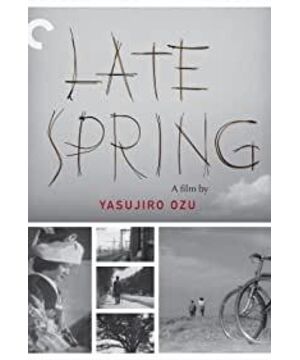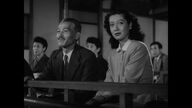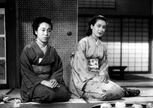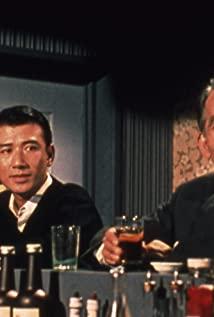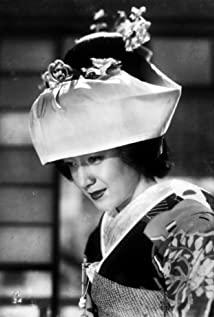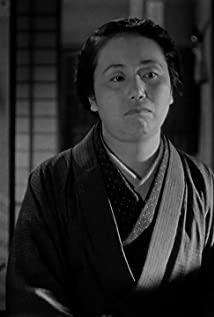"Late Spring" is a work directed by Japanese film master Yasujiro Ozu, which was released in 1949. Fans who often watch Yasujiro Ozu's films are really familiar with Ozu's film lineup. Yasujiro Ozu's portrayal of family movies is absolutely unparalleled, and he can be said to be an authority on this aspect of movies. Ozu's film skills and narrative style have really influenced countless filmmakers in later generations. As I have always said, such as Taiwan's Hou Hsiao-hsien, Yang Dechang and Ang Lee, they are all filmmakers who were deeply influenced by Ozu. In Japan, many people say that Koeda Hirokazu is Ozu's successor. One of my favorite lines from this movie is, "Happiness is not something you wait for, but you create." Life is like this, and happiness is created by hard work. But this is just one of my feelings about the film, of course there are more philosophical issues in the film. The theme of this film needs to understand the social situation in Japan at that time. The real theme of the film is how to accept the real and calm reality in Japan in a changing era. 9 points.
View more about Late Spring reviews


